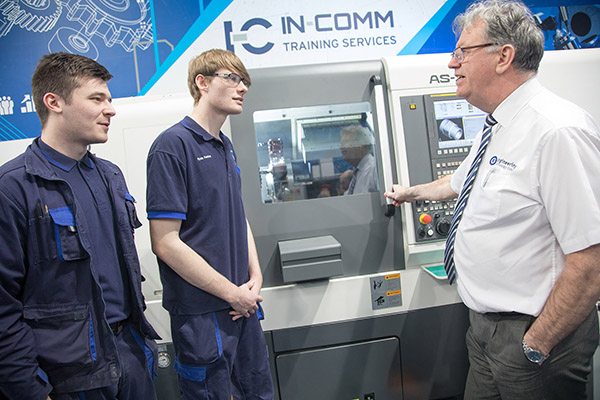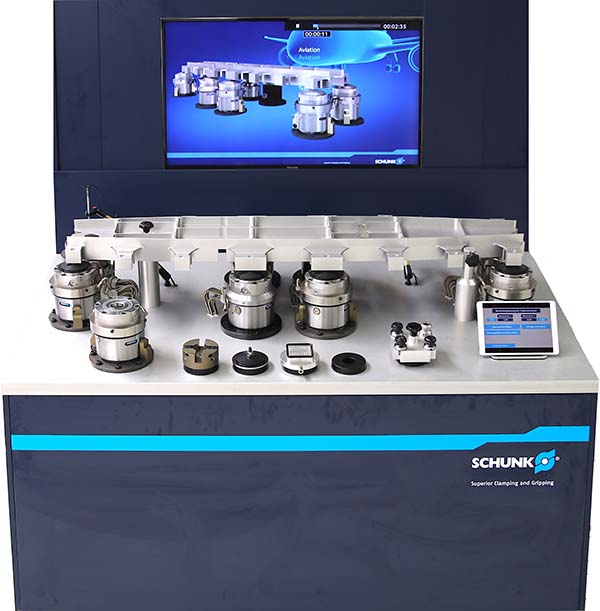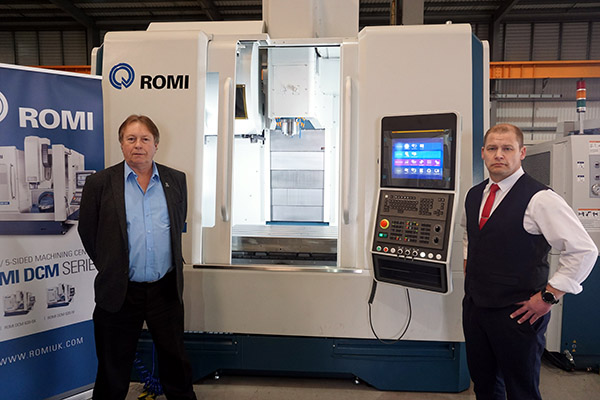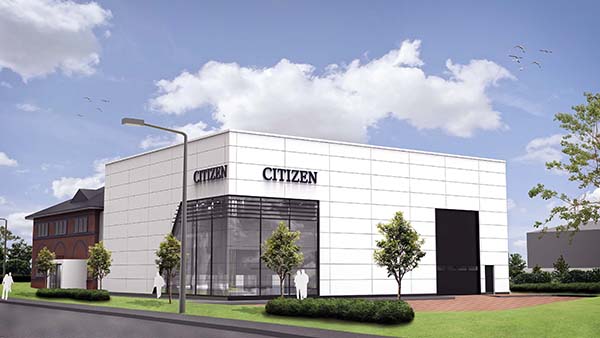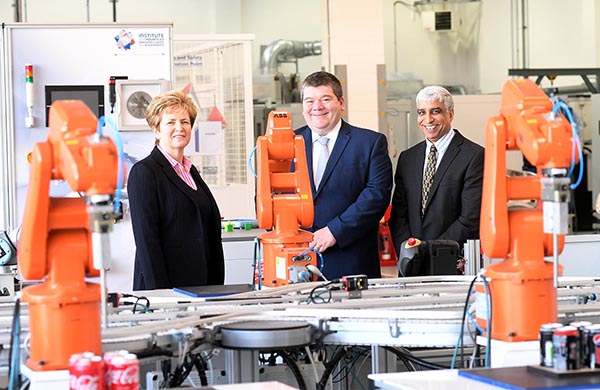In-Comm Training, which has facilities in the Black Country and Shropshire, says it has more than 280 apprenticeship opportunities currently available and is urging companies and young people to engage.

Gareth Jones, joint managing director, made the rallying call last week and believes there are still lots of individuals looking to get involved in engineering and manufacturing who are not taking advantage of the world-class training centres on their doorstep.
“Currently, we have 280 positions vacant at our three academies, and these are for part and full-time trailblazer courses that culminate with a job at a local manufacturer,” he says. “This means you can learn from the best trainers, on the best equipment and get paid for it, with our partners at the University of Wolverhampton also offering a pathway to a degree – all without the associated debt. That’s a £100,000 opportunity. Current vacancies range from apprenticeships in machining and maintenance, to mechatronics and welding.”
For further information www.in-comm.co.uk






